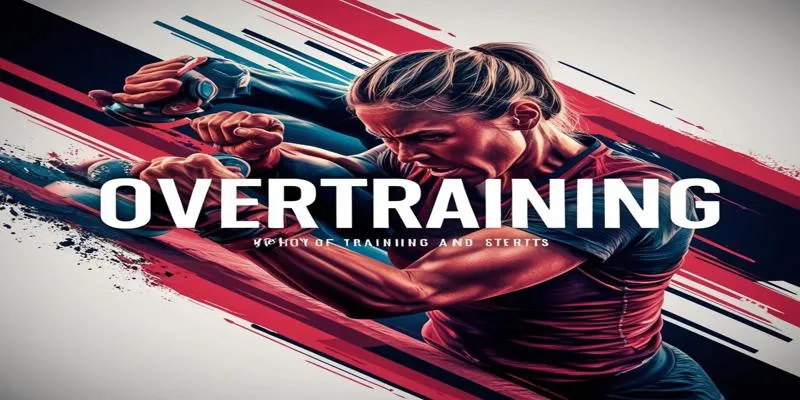Virtual Reality and Exergames: Enhancing Mental and Physical Health
Imagine waking up in the metaverse, where exercise becomes a playful activity and therapy is just a headset journey away. Virtual reality (VR) and exergames are revolutionizing how we approach exercise and mental health. These immersive technologies offer innovative ways to promote physical activity and therapy, potentially leading to healthier minds and bodies.
Exploring the Benefits of Virtual Reality and Exergames

Enhancing Physical Health and Fitness
Exergaming in virtual reality is emerging as an effective intervention technology, capable of improving the health of various population groups. These interactive technologies merge the excitement of video games with the benefits of exercise in enjoyable ways. Studies have shown that VR exergames can enhance mobility, stability, and overall well-being, especially for active aging individuals and those with certain health conditions.
Exergames provide a safe and controlled environment for seniors to exercise, improving cardiovascular health, strength, and overall fitness. Research indicates that incorporating these games into daily routines supports healthy aging and boosts energy levels. In nursing homes, VR exergames have been shown to significantly enhance physical function when used twice a week in collaboration with physiotherapists.
Boosting Mental Well-being and Cognitive Function
Beyond physical benefits, VR and exergames hold promise for mental health and cognitive functioning. They are being studied as therapeutic tools for conditions including post-traumatic stress disorder, autism, and eating disorders. The controlled environments of virtual reality provide safe spaces for therapy and skill development.
Neurobiological Mechanisms and Therapeutic Potential
The benefits of VR exergames extend to the neurobiological level. Research indicates that these technologies stimulate the production of growth factors and anti-inflammatory cytokines, leading to neuroplastic changes in the brain—promoting neurogenesis, synaptogenesis, and angiogenesis, and contributing to overall brain health.
How Virtual Reality and Exergames Improve Mental Health
Alleviating Anxiety and Depression
VR exercises for elderly patients have shown positive effects on mental health assessments. A systematic review and meta-analysis found that VR exercises reduced depressive symptoms in seniors. The interactive and physical nature of VR environments provides engaging distractions from negative thoughts, promoting positive self-beliefs.
Enhancing Cognitive Function
Research indicates that VR exergames can improve cognitive function, with moderate positive effects on general cognitive abilities and memory in older adults. These games support mental health by keeping both the body and mind active.
Personalized and Adaptive Experiences
Recent advances have introduced “emotionally intelligent” exergames, which monitor the user’s emotional state in real-time and adjust game difficulty and environment accordingly. This personalization enhances engagement and motivation, supporting adherence to exercise programs and mental health interventions.
Addressing Specific Mental Health Conditions
VR is being explored as a therapeutic tool for various mental health disorders. According to Harvard Health, VR is used in treating conditions like post-traumatic stress disorder, autism, eating disorders, and phobias. The controlled, immersive environments of VR offer safe spaces for exposure therapy and skill development.
The Physical Health Advantages of VR and Exergames

Enhancing Fitness and Mobility
VR and exergaming introduce new dimensions to fitness by integrating technology and exercise. These interactive exercises can improve balance, strength, and cardiovascular health, especially for seniors and individuals with limited mobility, promoting playful movement within immersive virtual environments.
Boosting Exercise Enjoyment and Adherence
One significant advantage of VR exergaming is the increased enjoyment it brings to exercise. Studies show that VR exergaming can lead to greater enjoyment and engagement than traditional exercise, improving adherence by transforming workouts into fun, interactive experiences.
Supporting Weight Management
VR exergaming may also contribute to weight management. Studies have reported a 12% reduction in food consumption after VR exergaming compared to traditional exercise. This reduction could benefit individuals with obesity or type 2 diabetes, who need to manage energy intake carefully.
Choosing the Right Virtual Reality or Exergame for Your Needs
Consider Your Fitness Goals and Abilities
Selecting a VR exercise game based on personal fitness goals and abilities is crucial. Many players choose VR games that simulate real-world sports or activities. It’s important to find games offering progressive skill acquisition and adjustable difficulty levels to match your fitness journey.
Evaluate the Technology and Features
The quality of VR technology significantly impacts the user experience. Issues like poor interfaces, bugs, and glitches can hinder participation. Opt for high-quality systems with responsive interfaces and features like multiplayer options and customization to enhance motivation and prolong activity.
Conclusion
Virtual reality and exergames show great promise as interventions for mental and physical health. These technologies motivate more frequent and regular exercise by integrating engaging technology, offering cognitive benefits, and potentially becoming a part of healthcare treatment plans as research progresses.











